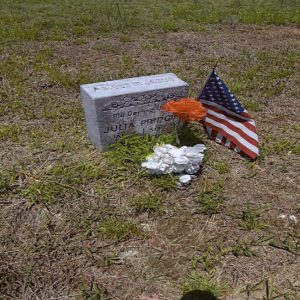 Elmwood Grave
Elmwood Grave
Entry Type: Place - Starting with E
 Elmwood Grave
Elmwood Grave
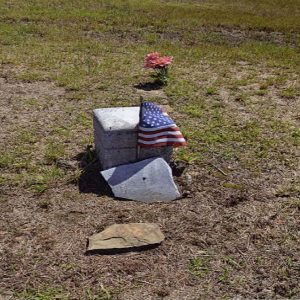 Elmwood Grave
Elmwood Grave
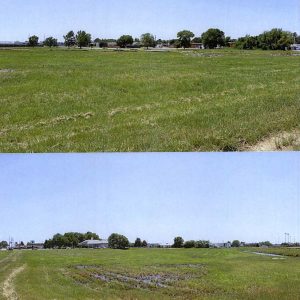 Elmwood Poor Farm Cemetery
Elmwood Poor Farm Cemetery
Emerson (Columbia County)
Emmet (Nevada and Hempstead Counties)
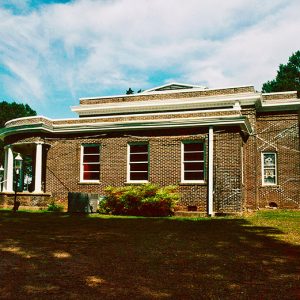 Emmet United Methodist Church
Emmet United Methodist Church
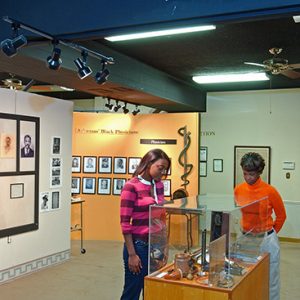 EMOBA Interior
EMOBA Interior
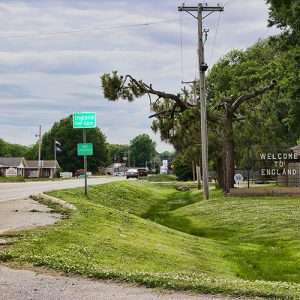 England
England
England (Lonoke County)
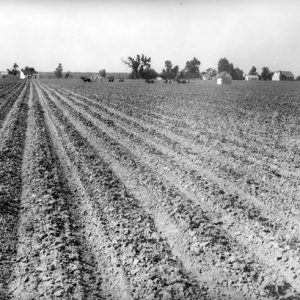 England Cotton Fields
England Cotton Fields
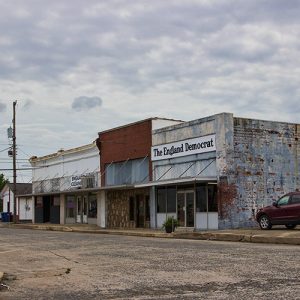 England Democrat
England Democrat
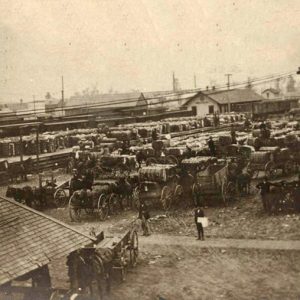 England Depot
England Depot
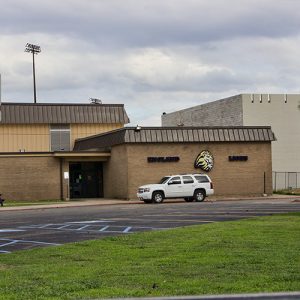 England High School
England High School
 England Schools
England Schools
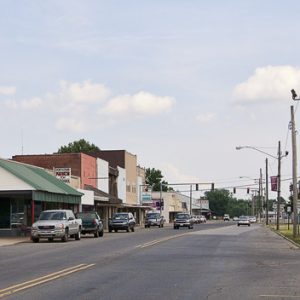 England Street Scene
England Street Scene
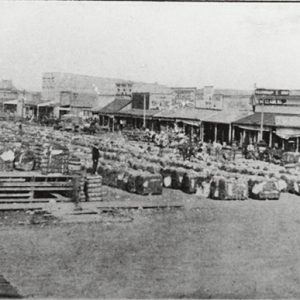 England Street Scene
England Street Scene
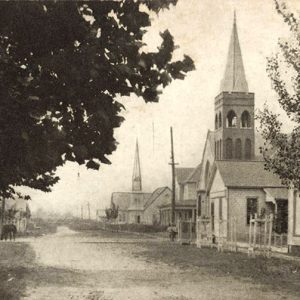 England Street Scene
England Street Scene
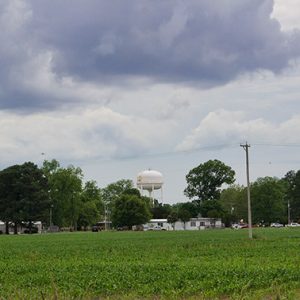 England Water Tower
England Water Tower
Enola (Faulkner County)
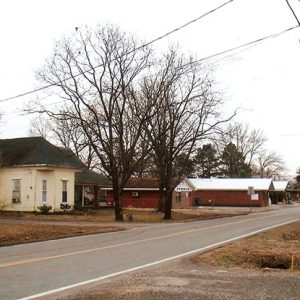 Enola
Enola
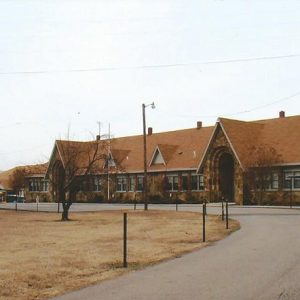 Enola School
Enola School
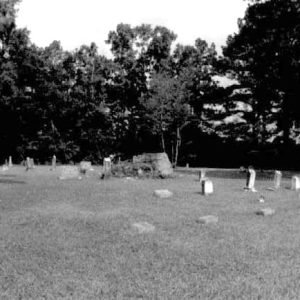 Ephesus Cemetery
Ephesus Cemetery
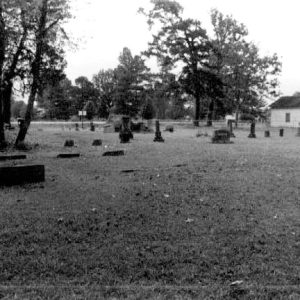 Ephesus Cemetery
Ephesus Cemetery
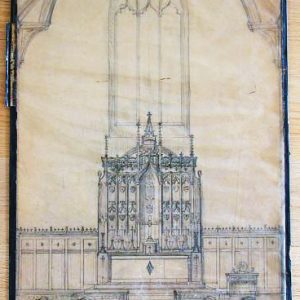 Episcopal Church Chancel Drawing
Episcopal Church Chancel Drawing
Episcopal Collegiate School
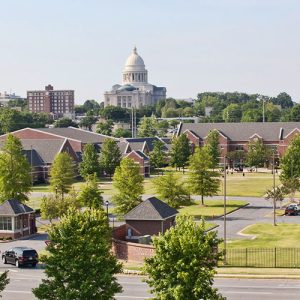 Episcopal Collegiate School
Episcopal Collegiate School
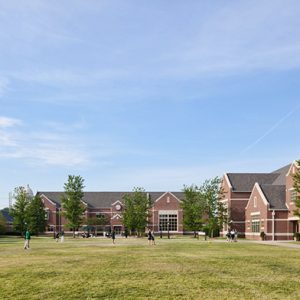 Episcopal Collegiate School
Episcopal Collegiate School
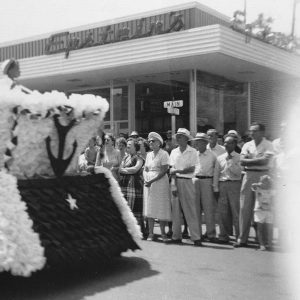 Epstein's Department Store
Epstein's Department Store
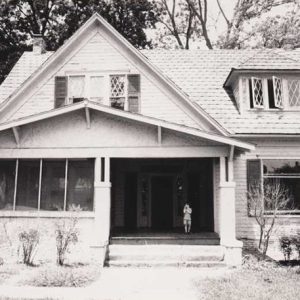 Sam Epstein House
Sam Epstein House
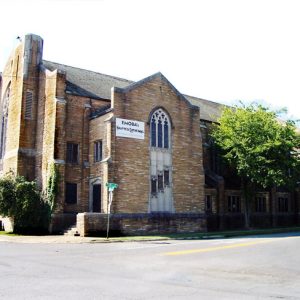 Ernie's Museum of Black Arkansas
Ernie's Museum of Black Arkansas
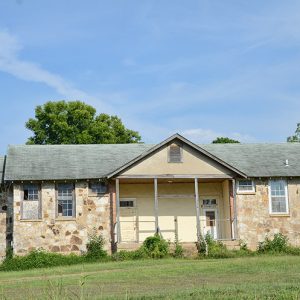 Eros School Building
Eros School Building
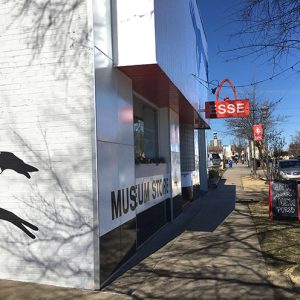 Esse Purse Museum
Esse Purse Museum
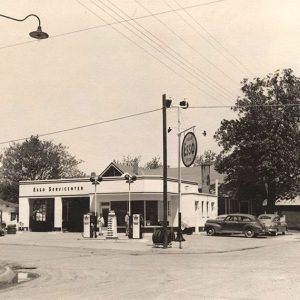 Esso Servicenter
Esso Servicenter
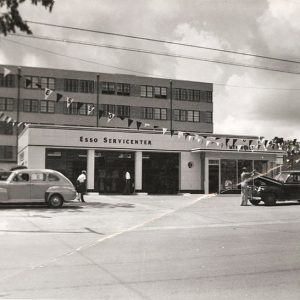 Esso Servicenter
Esso Servicenter
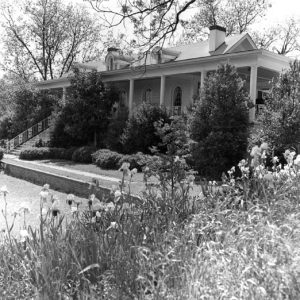 Estevan Hall
Estevan Hall
Etowah (Mississippi County)
Etta (Hot Spring County)
Eudora (Chicot County)
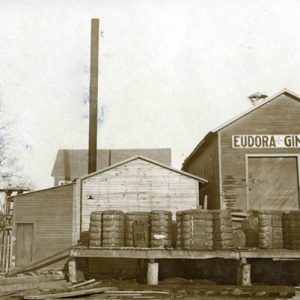 Eudora Cotton Gin
Eudora Cotton Gin
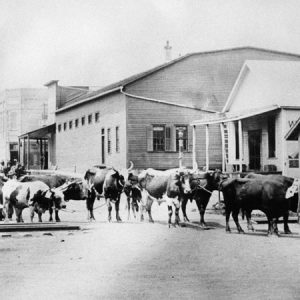 Eudora Ox Team
Eudora Ox Team
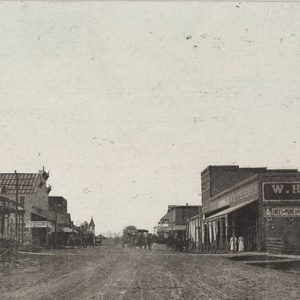 Eudora Street Scene
Eudora Street Scene
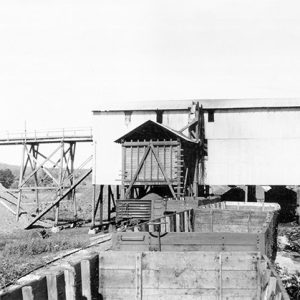 Eureka Mine
Eureka Mine
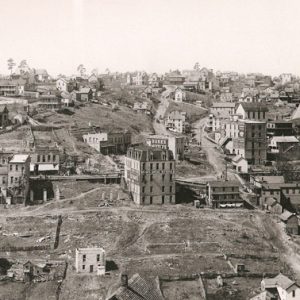 Eureka Springs; 1895
Eureka Springs; 1895
Eureka Springs (Carroll County)
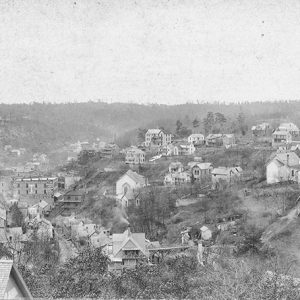 Eureka Springs; 1880s
Eureka Springs; 1880s
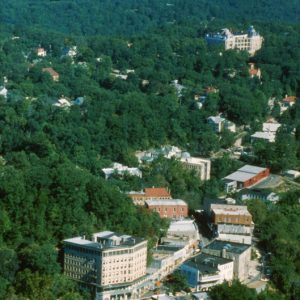 Eureka Springs Aerial View
Eureka Springs Aerial View
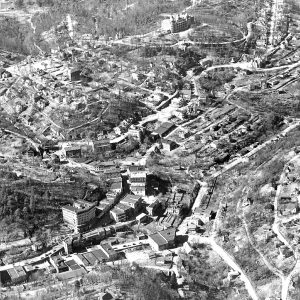 Eureka Springs Aerial View
Eureka Springs Aerial View
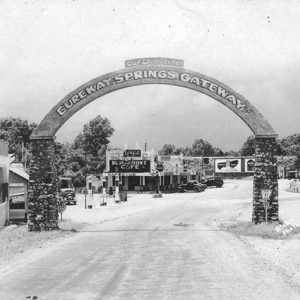 Eureka Springs Gateway
Eureka Springs Gateway
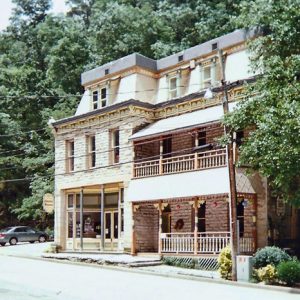 Eureka Springs Historical Museum
Eureka Springs Historical Museum
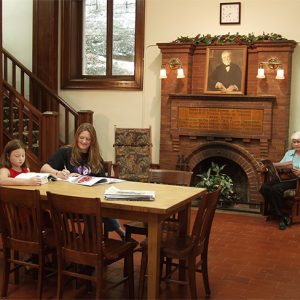 Eureka Springs Library
Eureka Springs Library




